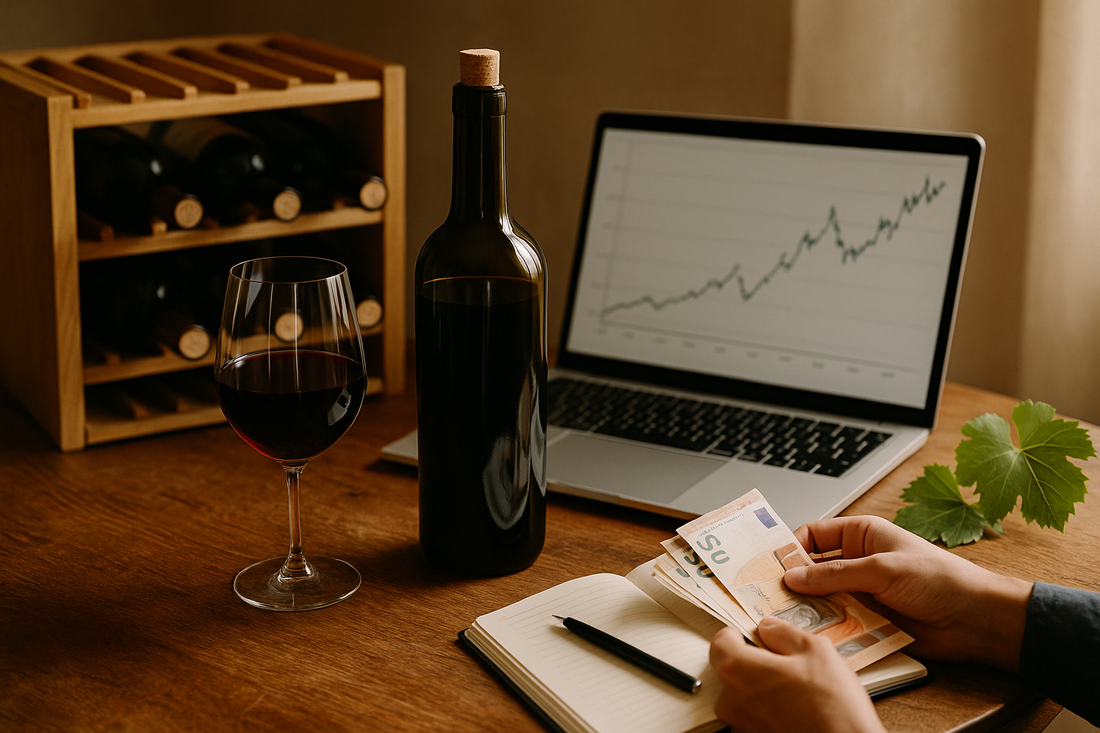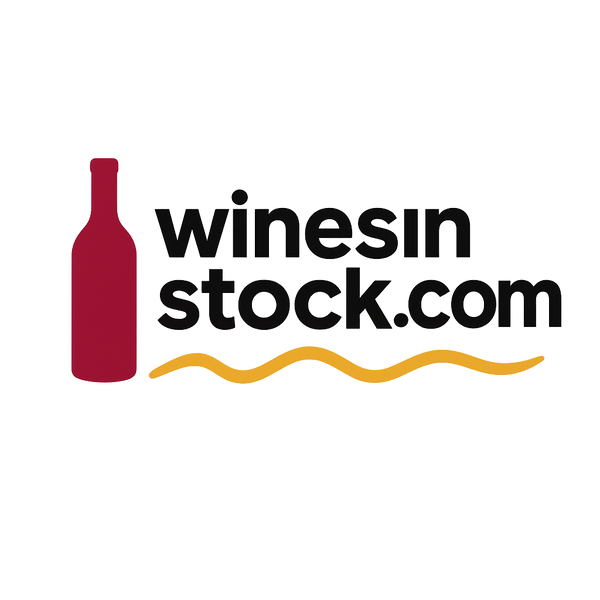
Emerging Trends in Organic Wine Collecting
Share
Growing Popularity of Organic Wines
As consumers become increasingly health-conscious, the demand for organic wines has surged, reflecting a broader trend towards sustainable living. This shift is not merely a fleeting fad; it represents a fundamental change in how wine is produced and consumed. Organic wines, made from grapes grown without synthetic pesticides or fertilizers, appeal to a demographic that values both environmental stewardship and quality. Enthusiasts appreciate the authenticity and purity that organic wines offer, often resulting in complex flavors that reflect the terroir more vividly than their conventional counterparts.
Moreover, the rise of conscious consumerism has prompted vineyards to adopt organic practices, leading to a growing number of certified organic options on the market. Wine collectors are increasingly seeking out these unique bottles, not only for their taste but also for their story—each bottle embodies a commitment to sustainable agriculture and a healthier planet. This convergence of quality, sustainability, and ethical consumption is reshaping the landscape of wine collecting, making organic wines a coveted addition to any serious collection.
The Influence of Sustainability on Collecting Practices
As the global conversation around sustainability intensifies, so too does its impact on the world of wine collecting. Collectors are increasingly prioritizing organic and biodynamic wines, not just for their unique flavor profiles but also for their environmentally conscious production methods. This shift reflects a broader societal trend where consumers seek to align their purchases with their values.
Organic wines, made from grapes grown without synthetic pesticides or fertilizers, resonate with collectors who are concerned about the ecological footprint of their choices. Additionally, the biodynamic approach, which incorporates holistic farming practices, appeals to those interested in the spiritual and philosophical aspects of viticulture. As a result, collectors are now more inclined to seek out wines that tell a story of sustainability, often gravitating towards small, artisanal producers who prioritize eco-friendly practices. This growing demand not only influences market trends but also encourages larger wineries to adopt sustainable methods, creating a ripple effect throughout the industry.
Investment Potential and Market Dynamics of Organic Wine Collection
The investment potential of organic wine collection is increasingly capturing the attention of both seasoned collectors and new enthusiasts. As consumer preferences shift towards sustainability and health-conscious choices, organic wines have carved out a niche that promises not only quality but also a compelling return on investment. The market dynamics are influenced by a growing awareness of the environmental impact of conventional viticulture, leading to a surge in demand for organic options. This trend is further bolstered by the increasing number of wineries adopting organic practices, enhancing the variety and availability of these wines.
Moreover, organic wines often come with unique stories and terroirs, adding intrinsic value that appeals to collectors. As these wines gain recognition in prestigious wine competitions and are featured in high-profile publications, their market value tends to appreciate over time. Collectors are also drawn to the limited production runs typical of organic vineyards, creating a sense of exclusivity that can drive prices higher. Thus, investing in organic wine is not merely an act of consumption; it is a forward-thinking strategy that aligns with evolving market trends and consumer values.
